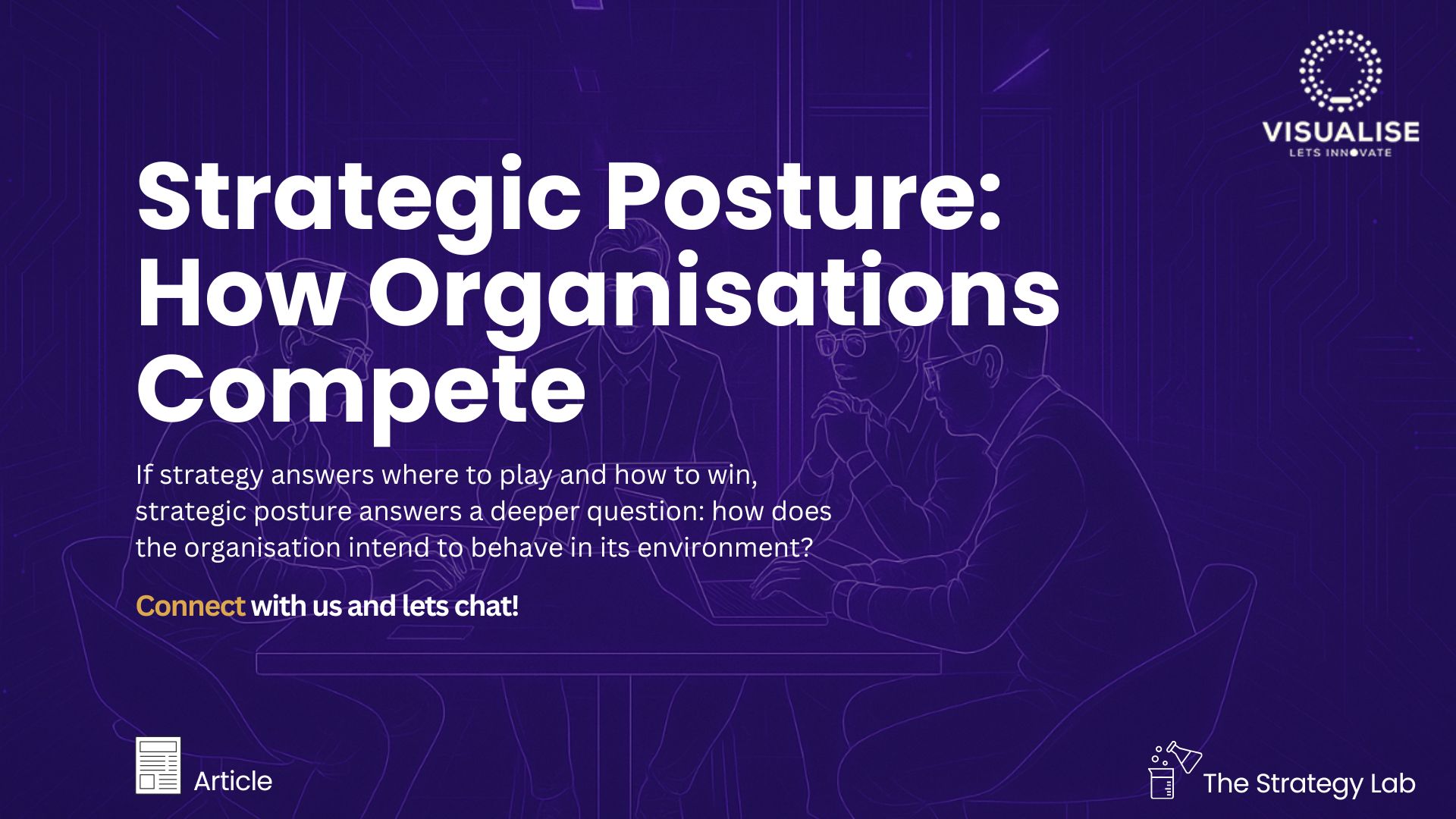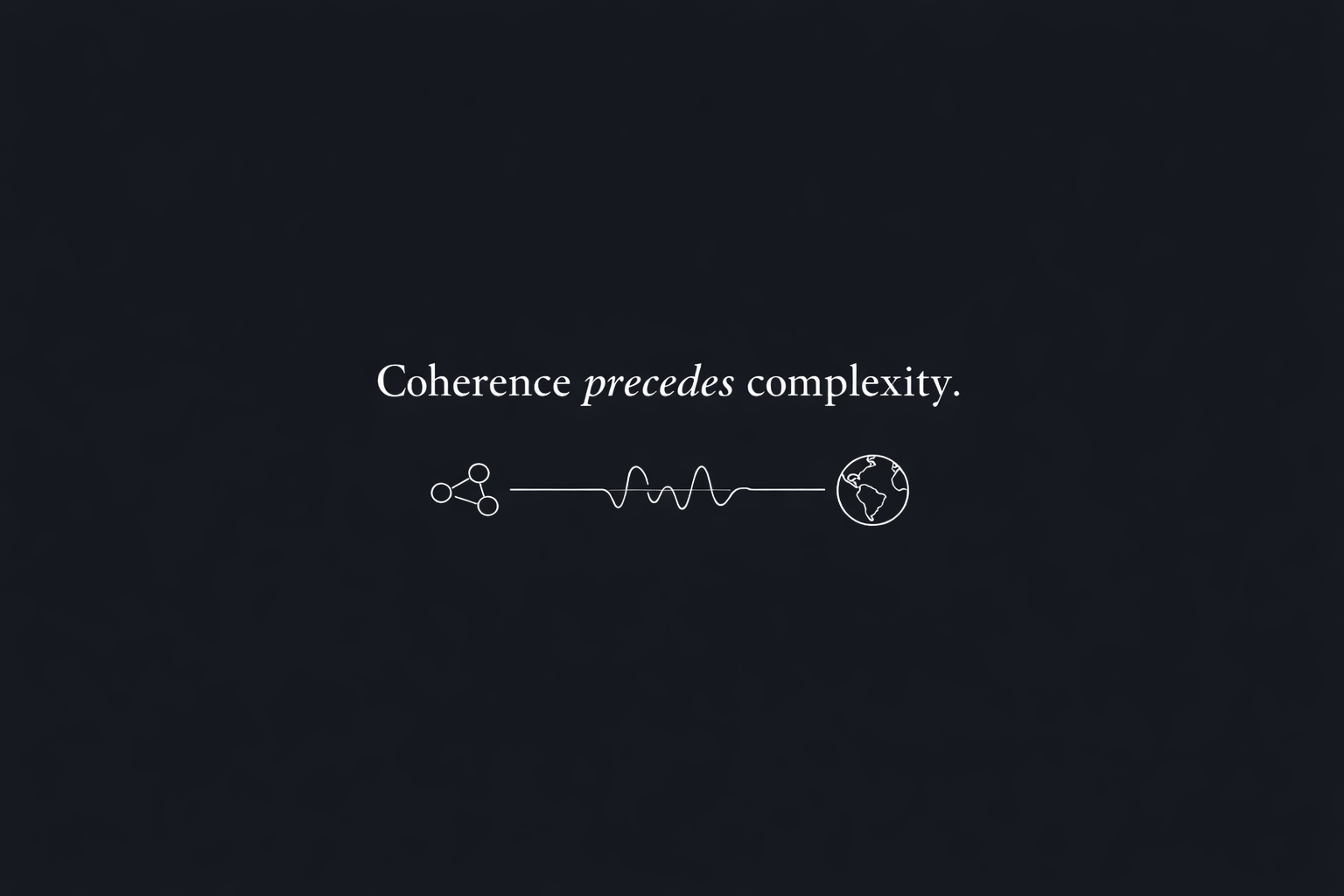Nov02

Planning has long been a cornerstone of business operations. Traditionally, companies rely on detailed plans to guide them, creating lists of activities and objectives to accomplish. However, as strategist Roger Martin emphasizes, simply adding the word "strategic" to “planning” doesn’t make it a strategy. Real strategy goes beyond lists; it’s about making pivotal choices that position your company to win.
When we talk about planning, it's often a checklist approach: “improve customer experience” or “open a new plant.” While these actions are essential for business operations, they lack the defining focus of a true strategy. Strategy is an integrative set of choices—a deliberate decision on what your business will and won’t pursue to achieve an outcome. Strategy requires stepping back and deciding where your company will stand in the market, aligning every action towards a coherent goal.
Key Insight: Planning often comforts us by focusing on what we can control, like budget or hiring. On the other hand, strategy is about steering towards an outcome beyond our control—something that positions us distinctly in the marketplace.
A strong strategy starts with a theory of how you’ll succeed. Unlike planning, where tasks accumulate, strategy builds on insight and a clear hypothesis:
1. Market Choice: Why this market and not another? Understanding the market space you choose to compete in helps you gain a competitive edge.
2. Customer Value: How will you serve customers in ways your competitors cannot? This question drives every choice around product, positioning, and pricing.
In contrast, planning feels satisfying because it’s achievable, concrete, and actionable. But while you’re adding tasks to the list, competitors may be formulating strategies to carve out a winning position.
Example: Southwest Airlines’ Strategic Simplicity
Consider Southwest Airlines. When legacy airlines focused on expanding routes and maximizing operations, Southwest built a distinct strategy to outmanoeuvre the competition by simplifying and streamlining its operations. Their strategic choices were unconventional but clear:
- Point-to-point routes increased efficiency and turnaround speed.
- Single aircraft type (Boeing 737) simplified training and maintenance.
- No meals or travel agents reduced costs, enabling more affordable fares.
Southwest wasn’t simply “playing to play” but “playing to win.” These choices gave Southwest a unique position in the industry, allowing them to become dominant while competitors merely participated.
Planning feels safe because it’s predictable. But strategy demands comfort with risk. Strategy involves stepping into the unknown, taking actions that haven’t been validated, and making bold assumptions. If everything on your list is within your control, then you’re planning, not strategizing.
Accept the Uncertainty: Effective strategy accepts that there’s no absolute certainty. Unlike planning, which is usually based on proven tasks, strategy can’t be “proven” in advance. Embracing this uncertainty allows you to capitalize on opportunities that mere planning can’t address.
Outline What Must Be True: For a strategy to work, specific assumptions or conditions must hold. By mapping out these key assumptions, your company can adapt as market conditions shift, approaching strategy as a dynamic, evolving journey rather than a one-time blueprint.
A powerful strategy doesn’t have to be complex or exhaustive. The most impactful strategies often boil down to four essentials:
1. Where to Play: Define your market and customer segments.
2. How to Win: Clarify how you’ll differentiate and compete.
3. Key Capabilities: Identify the critical skills and assets required.
4. Management Systems: Implement the systems to measure and guide strategic progress.
A detailed plan may provide security, but a clear, adaptable strategy gives you an accurate shot at winning in a competitive landscape.
In business, planning and strategy both have their roles. But remember, planning keeps the wheels turning, while strategy drives you toward victory.
Visualise Solutions is a boutique strategy consultancy firm based in Leicestershire, UK. Transform your business with our strategic advisory services, focusing on innovation, strategy formulation, and execution. Utilise our expertise in strategy, business model innovation, OKRs, and balanced scorecards.
You can learn more about us by contacting us now.
By Andrew Constable MBA, XPP, BSMP
Keywords: Business Strategy, Innovation, Leadership
 AI and Embedded Connectivity: A New Era of Smart Devices
AI and Embedded Connectivity: A New Era of Smart Devices Strategic Posture: How Organisations Compete
Strategic Posture: How Organisations Compete Coherence Before Complexity
Coherence Before Complexity The Corix Partners Friday Reading List - February 20, 2026
The Corix Partners Friday Reading List - February 20, 2026 The retail playbook that worked for 30 years? It's not broken. It's just finished.
The retail playbook that worked for 30 years? It's not broken. It's just finished.